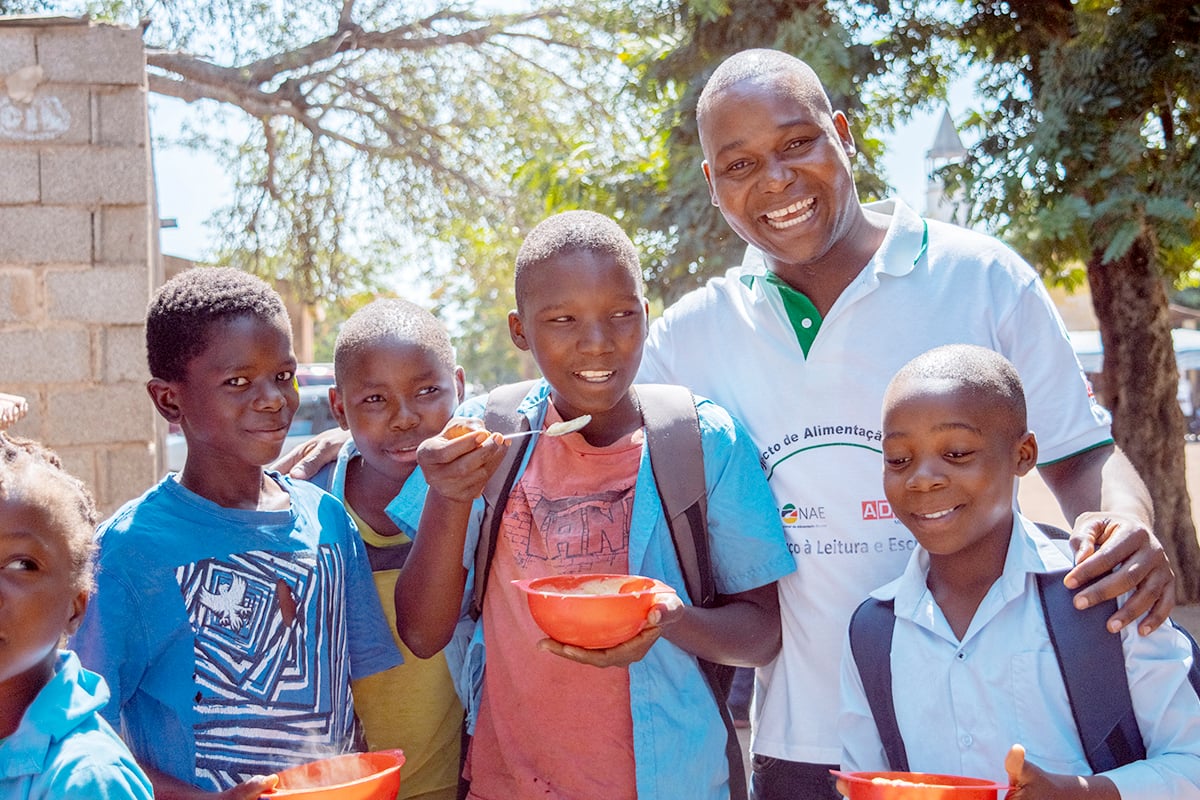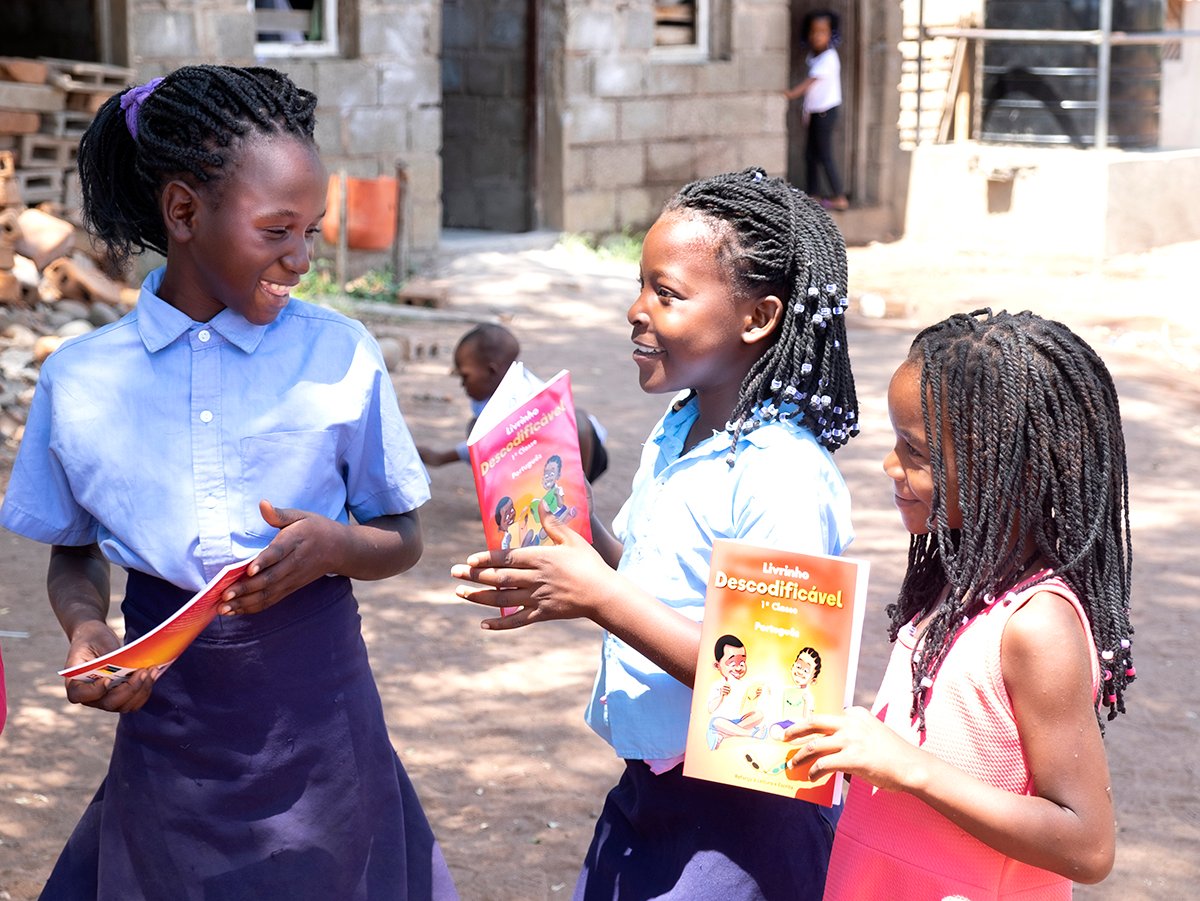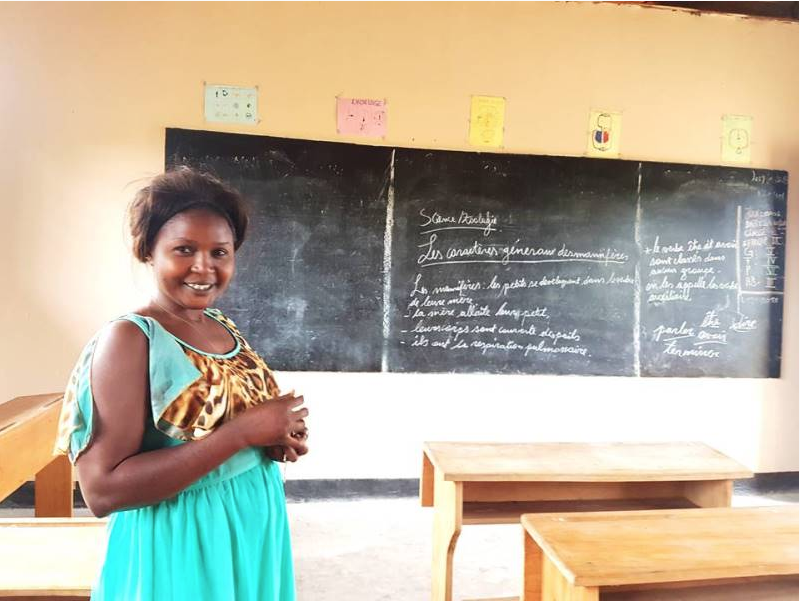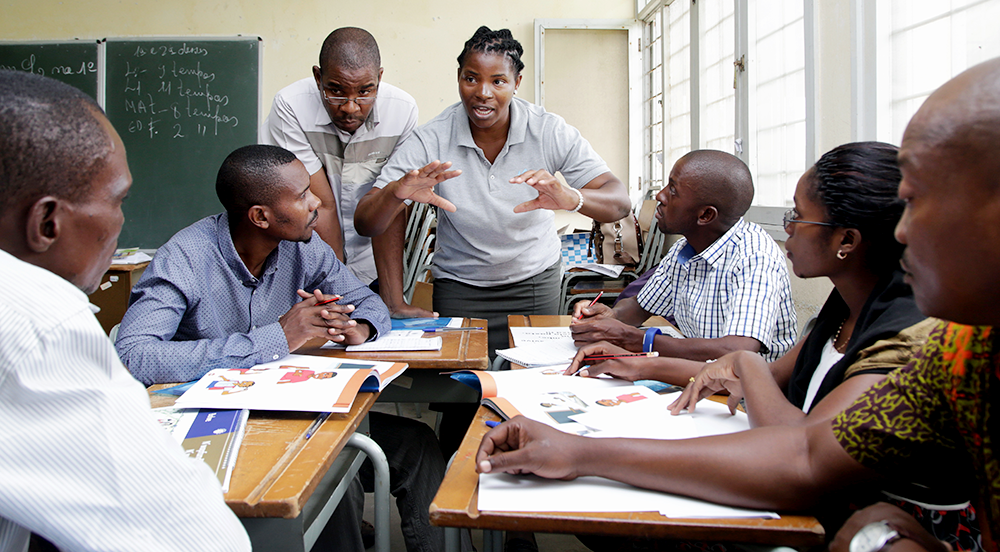Making the Most of a Little

To escape from the cycle of poverty, children in low-income countries need more opportunities to obtain an education. Unfortunately, qualified and skilled teachers for primary schools are in short supply, resulting in challenging class sizes with upward of 100 students per class.
Overcoming the Stacked Odds
Teachers in low-income countries (especially in rural areas of those countries) frequently work in schools with scarce materials and limited facilities. For years, Planet Aid has supported projects that train new primary school teachers to help with the overwhelming need. Just in 2018, we supported 14 colleges in India, the Democratic Republic of the Congo (DRC), Angola, Malawi, and Mozambique.

The philosophy of these colleges (which follow the Humana People to People-developed DNS methodology) emphasizes innovation and self-reliance. For example, approximately a quarter of the students' time at the college involves learning outside the classroom; including an extended field trip to rural areas to acquire a deeper understanding of what challenges face those who live in poverty—with whom they will be working upon graduation.
In addition, teachers are also trained in how to effectively engage with the community and become local development activists. This approach recognizes that learning is contextual and that to be effective, teachers must sometimes go beyond the classroom.
The DNS approach prepares teachers to create exciting learning environments, despite the challenges of teaching in schools that sometimes lack even a roof or walls, let alone teaching supplies.
Sarah's Story

Sarah—a graduate of the Planet Aid-supported teacher-training college in the DRC—teaches at Mankengho Primary School about 50 miles from Mbankana, DRC. The principal at her school, Isaac Kudiabuna, has observed Sarah's unique commitment to helping students:
"At the beginning of the school year, Sarah went from door to door to mobilize parents to send their children to school, which has resulted in an increase in the number of children enrolled in our school."
In addition to her teaching duties, Sarah has been involved in helping local women become more empowered. She organized a local association with 80 members, primarily female, and is facilitating their growing of cassava to generate more income. Sarah also created a nursery of acacia seedlings to help regenerate the village forest that had been cut down to generate charcoal.
Making a Difference

Like Sarah, other graduates from the other Planet Aid-supported teacher-training colleges are similarly prepared to mobilize the local community and help spur initiatives to improve the condition of people's lives. In 2018 alone, the colleges Planet Aid supported graduated 1,500 new teachers, that are now working with rural students to increase their educational abilities.
You can help more teachers like Sarah make an impact by making a monetary donation to Planet Aid, or by donating your unwanted textiles on one of our 19,000 big yellow bins.
